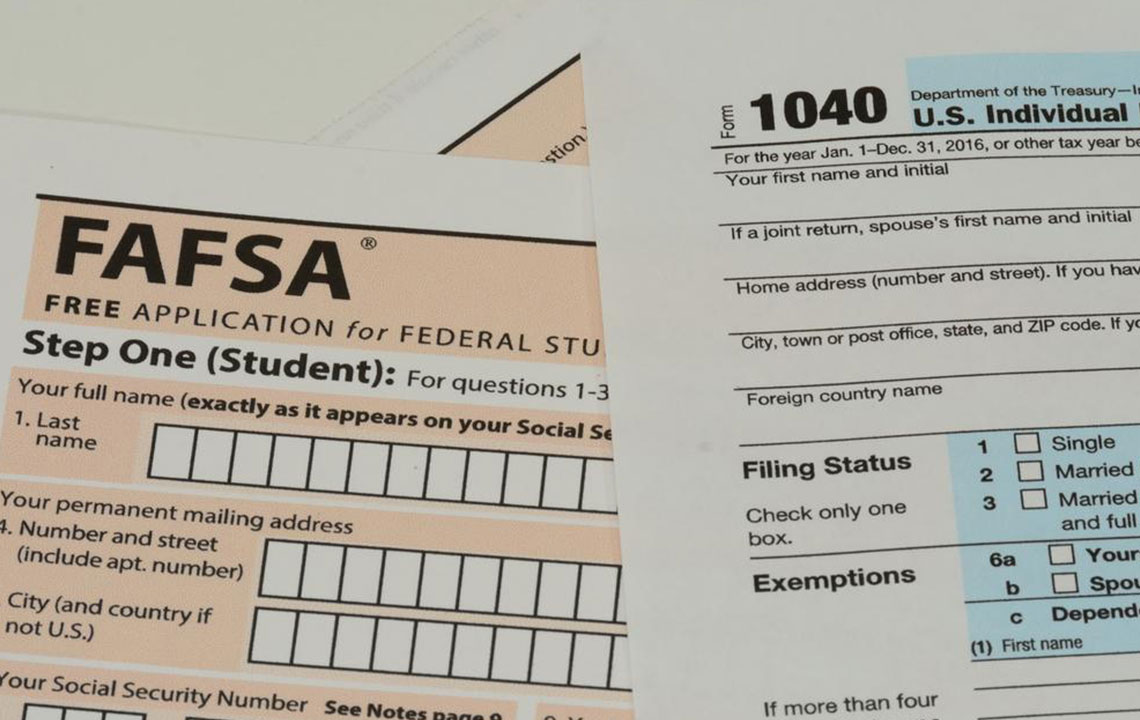Understanding Repayment Obligations for FAFSA Funds
This article explains whether FAFSA recipients need to repay funds, clarifies types of financial aid, and discusses loan repayment conditions. It emphasizes understanding aid types and choosing suitable options to manage college financing effectively.

Financial aid plays a vital role in making higher education accessible by easing the financial load students face. However, it’s important to recognize that not all aid is free, and certain terms apply.
Generally, financial assistance comes in three forms: grants, work-study, and loans. Grants and scholarships do not require repayment, while loans are borrowed funds that must be paid back with interest. Work-study awards are payments for work performed and do not need repayment.
Loans may be from either student or parent sources, each with distinct repayment terms. Parent loans often accrue interest immediately and require repayment soon after disbursement. Conversely, student loans typically postpone interest accumulation until after graduation, with repayment starting later.
After submitting FAFSA, students receive a Student Aid Report (SAR), which, along with the submitted information, helps colleges prepare an award package. This package lists the allocated funds and possible loan options, which students can accept or decline, allowing them to tailor their financial plan.
Note: This website compiles information from research, expert insights, and data sources. Because financial circumstances can change, the information may vary or become outdated. We recommend consulting a financial professional before making any decisions based on this content.










